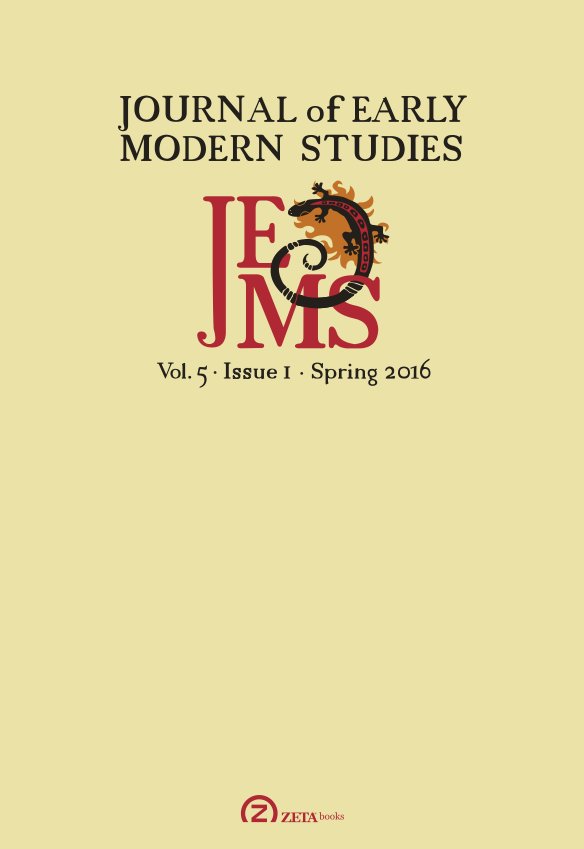Forgiveness, Pardon, and Punishment in Spinoza’s Ethical Theory and “True Religion”
Forgiveness, Pardon, and Punishment in Spinoza’s Ethical Theory and “True Religion”
Author(s): Keith GreenSubject(s): Philosophy, History of Philosophy, Early Modern Philosophy
Published by: Zeta Books
Keywords: forgiveness; Spinoza; hatred; resentment; punishment; pardon; justice;
Summary/Abstract: Spinoza shares with almost all apologists for forgiveness the idea that laying down one’s resentment of a wrong, contempt for a wrongdoer, and overcoming “bondage” to hatred, must be a primary ethical aim. Yet he denies that doing so authorizes pardoning a penitent wrongdoer. He argues that in civil society, it is actually a matter of charity and piety to collude in punishing a wrongdoer—dragging the wrongdoer before a judge, but not “judging” him oneself. I argue that Spinoza offers no warrant to pardon whatever for those not authorized under civil law to punish. But I argue that the response to others’ hatred and deceit that Spinoza urges his reader to cultivate in Ethics 5p10, along with his argument that one may ‘turn the other cheek’ under conditions of oppression, where no sovereign power prosecutes claims of justice, mandates a broader emergent and reparative view of forgiveness.
Journal: Journal of Early Modern Studies
- Issue Year: 5/2016
- Issue No: 1
- Page Range: 65-87
- Page Count: 23
- Language: English
- Content File-PDF

